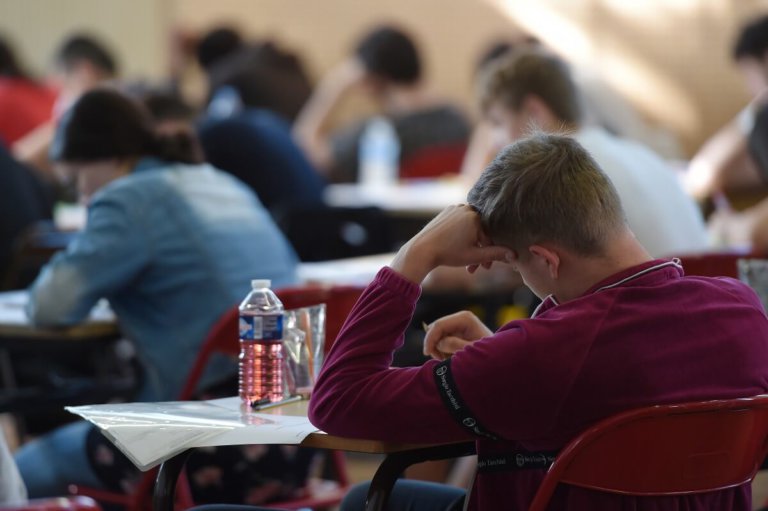
The majority of US college admissions leaders believe the more institutions will drop the SAT/ACT requirement, a new survey has found.
More than half (57 percent) of the 336 admissions leaders surveyed said they strongly agreed or agreed to the statement “The University of Chicago’s change is likely to prompt other colleges to drop standardized testing requirements”, according to the 2019 Inside Higher Ed Survey of College and University Admissions Officials, conducted by Gallup. The rest were either neutral (25 percent), disagreed (12 percent) or strong disagreed (six percent)
The University of Chicago is the first among top research universities in the US to stop requiring SAT or ACT scores from all students applying to its undergraduate programmes. Its announcement last June ties them to hundreds of colleges, including elite liberal arts institutions, who have dropped the requirement.
Standardised testing has been criticised for its unfair burden on low-income and minority students who don’t have the resources to pay the fees or hire tutors to do well in the tests. As a result, this hinders efforts to broaden diversity in colleges and universities.
Chicago sees success by dropping SAT requirement — 10 to 15 percent of applicants who were admitted this year did not submit scores https://t.co/Mn2eEl743n
— Inside Higher Ed (@insidehighered) July 10, 2019
Chicago’s test-optional policy was thus revamped to include a new programme asking students to submit a two-minute video introduction of themselves, as well as allowing the self-submission of transcripts to minimise the need for students to pay fees.
The aim is to level the playing field, “allowing first-generation and low-income students to use technology and other resources to present themselves as well as any other college applicant. We want students to understand the application does not define you — you define the application,” said James G Nondorf, Vice President and Dean of Admissions at Chicago.
In July this year, it announced that its decision to go test-optional has been successful. Its campaign to reform college admissions is said to have made an impact, allowing the institutions to admit students it couldn’t admit before. The number of first-generation and low-income students who committed to attend the university in Fall 2019 increased by 20 percent.
Inside Higher Ed’s survey found that most admissions leaders concur with the shortcomings of standardised testing in admission requirements. The survey found more than three-fourths (77 percent) of admissions leaders continue to be concerned with the “persistent gap in the average SAT and ACT scores by racial and ethnic group”.
More than half (56 percent) said “the emphasis on colleges’ average test scores by parents and students discourages many students from applying to colleges at which they would be admitted and thrive”.
Despite this and their prediction that the University of Chicago’s move might spur others to reconsider testing requirements, most reported that this doesn’t include their own institutions. Less than a quarter (22 percent) strongly agreed or agreed to the statement “The announcement by the University of Chicago is prompting my college to reconsider its testing requirements”. More than half (53 percent) disagreed or strongly disagreed. Another 26 percent ticked “Neutral”.
Liked this? Then you’ll love…
Why Asian-Americans score so highly in the SAT & ACT
US unis drop SAT/ACT essay requirement – what does this mean for students?







